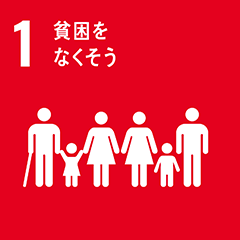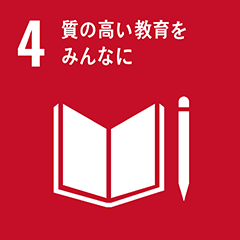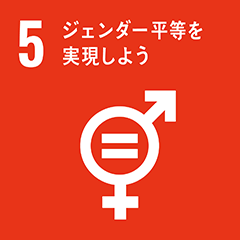Inochi Declaration
Respecting diversity and embracing those who feel isolated or left behind is not always easy to achieve together. That’s why we must open our hearts and create the rules of society together—collectively and inclusively.
Every person, regardless of nationality, ethnicity, disability, sexuality, or age, has the right to live freely, confidently, and in safety. This right must be guaranteed by a society that respects diversity and ensures social inclusion. Yet, contradictions inevitably arise from the interaction between individuals and their environments. Many people, especially those in structurally disadvantaged positions, face discrimination, poverty, insecurity, and isolation in their daily lives. These are not abstract issues; they are tangible violations of human rights woven into everyday existence.
The values and systems needed for the future will not emerge from uniformity, but from diversity. Minorities are not merely passive recipients of support; they are active participants in society who contribute to the stability and progress of the majority. However, as diversity is increasingly respected, friction and conflict often arise around the mutual recognition of freedom between different groups.
The world today faces a serious and difficult challenge: how to promote social inclusion while achieving political and social equality alongside cultural diversity? This is the tension between the minority’s desire for safety and freedom, and the anxiety or dissatisfaction of the majority who fear that existing norms may be eroded.
To overcome this divide, it is essential to foster resilient dialogue and develop layered relationships of mutual support—relationships that resist fixed roles of “helper” and “helped.” Across nations, regions, sectors, and professions, all stakeholders must collaborate flexibly. Sometimes roles will overlap, sometimes they will be shared or exchanged. The wisdom and experience gained from such collaboration can lay the foundation for a strong yet adaptable social solidarity that advances a more inclusive society. The Inochi Forum, alongside international and national efforts, also values local, everyday practices. By weaving these community-based actions together with care and intention, we aim to build systems of localized circulation that support sustainable coexistence.
For example, in Ikuno Ward of Osaka City—home to the highest proportion of foreign residents of any urban municipality in Japan—NPO IKUNO Tabunka Flat is working with private enterprises to repurpose a former elementary school into a multicultural hub. Since April 2022, this initiative has supported children from foreign backgrounds who require Japanese language assistance through learning support and children’s cafeterias. These programs create safe spaces and empowering opportunities for minority children experiencing discrimination, poverty, or social exclusion.
To further advance these efforts, IKUNO Tabunka Flat propose the following actions:
1.Create mechanisms that enable minorities to actively participate in policy formation and decision-making processes across all sectors.
Ensuring the equal and proactive participation of minorities—who are directly affected by public policies—not only to promote social justice but also to uphold the principles of democracy.
2.Expand legal frameworks and implement cross-sector action plans to promote respect for diversity and social inclusion.
Beyond cultivating public awareness, laws must be established to secure education, welfare, and employment in line with international human rights standards, and plans must be formulated and implemented based on those laws.
3.Develop and mobilize financial resources to implement these policies effectively.
In particular, it is necessary to enhance financial support for the civic sector, which often has limited funding but provides direct support to marginalized groups.
The Inochi Forum, in cooperation with diverse organizations, is committed to promoting these efforts. Together, we will expand spaces where everyone can help create the rules of society with openness and mutual respect.
[References]
・Osaka City Foreign Resident Statistics:
https://www.city.osaka.lg.jp/shimin/page/0000431477.html
・Ikuno Ward Public Report (June 10, 2024):
Results of public proposal selection for research and policy development for a multicultural society
・NHK Kansai Documentary (July 5, 2024):
Kansai Netsushisen: “Therefore, I Live Here – The Stronghold of Coexistence in Ikuno, Osaka”
[Action Platform]
Diversity and Inclusion
[SDGs]




